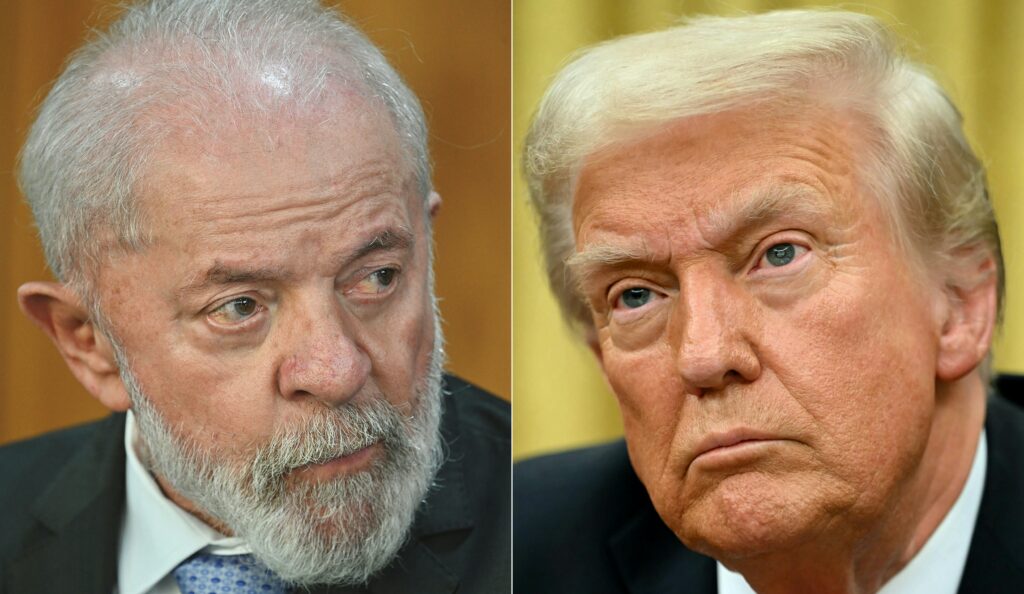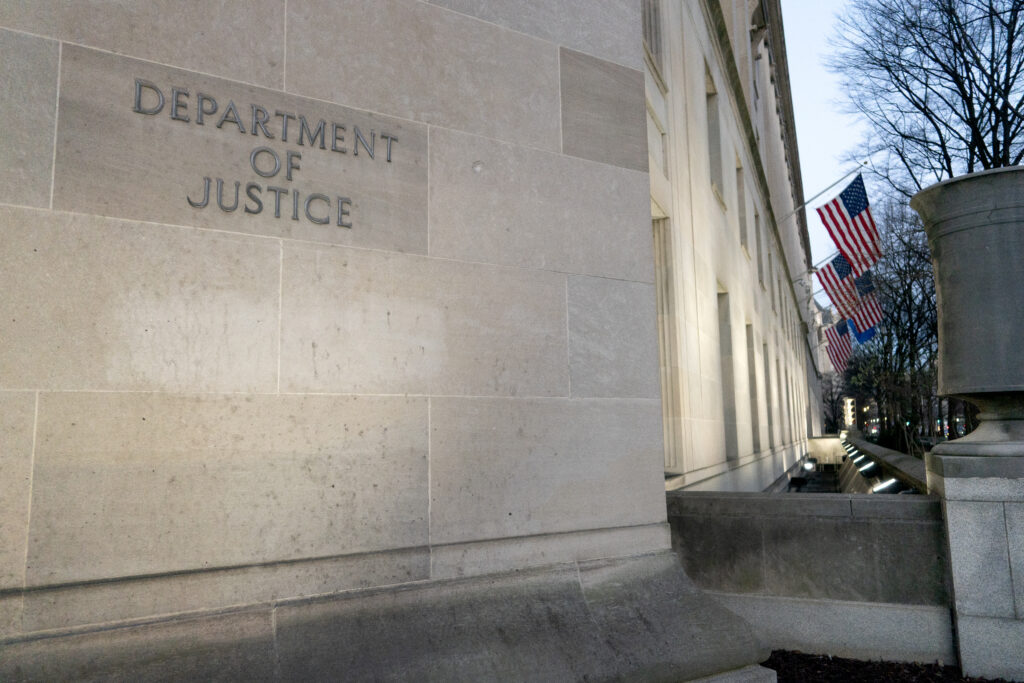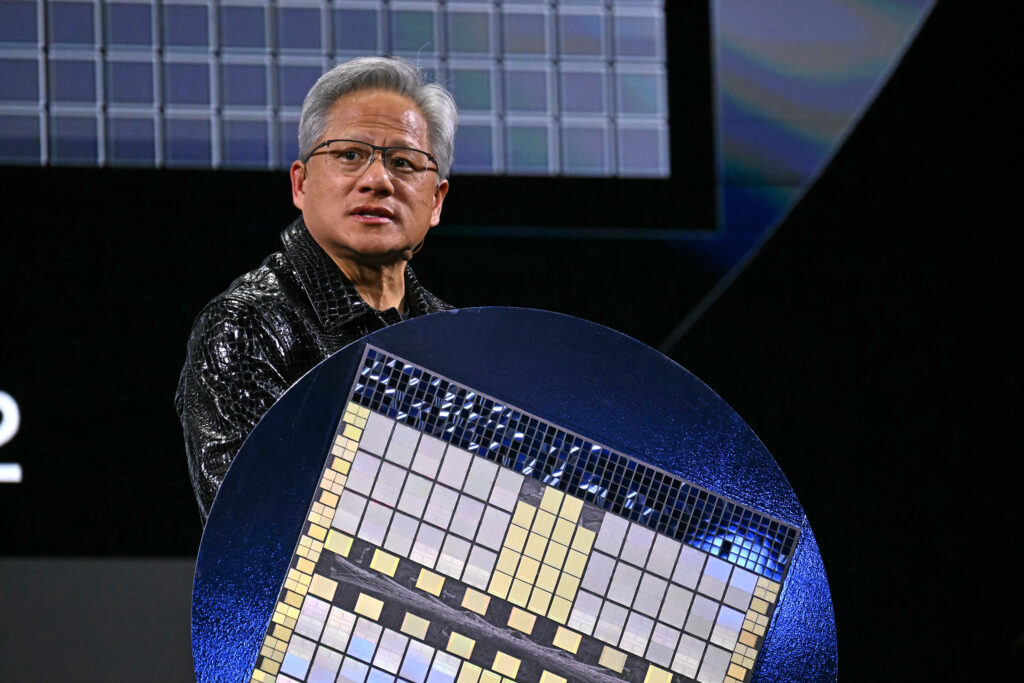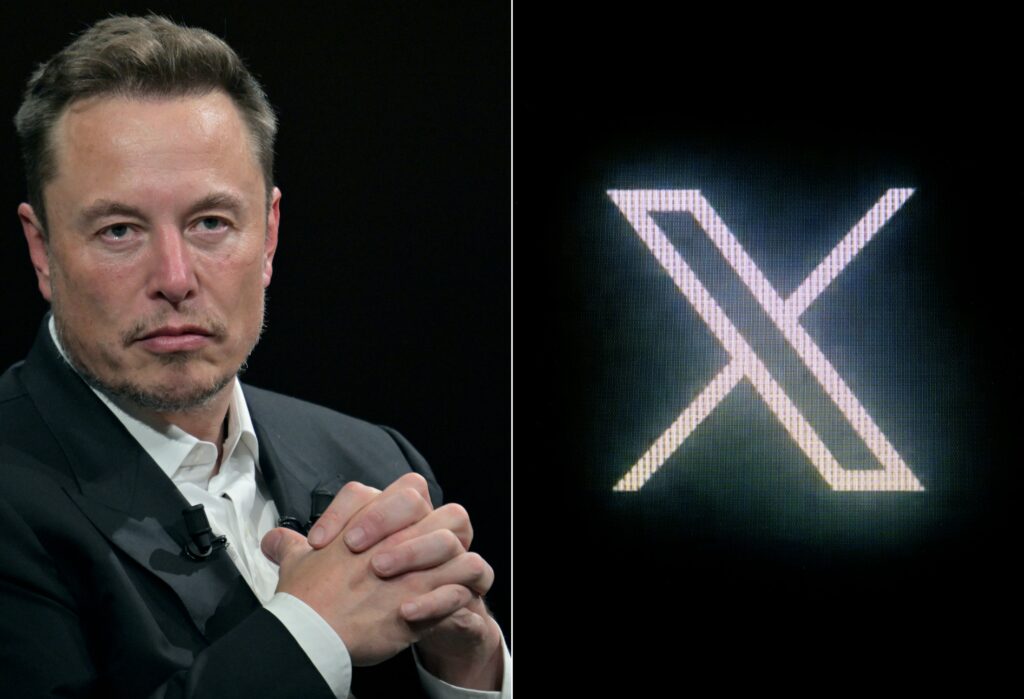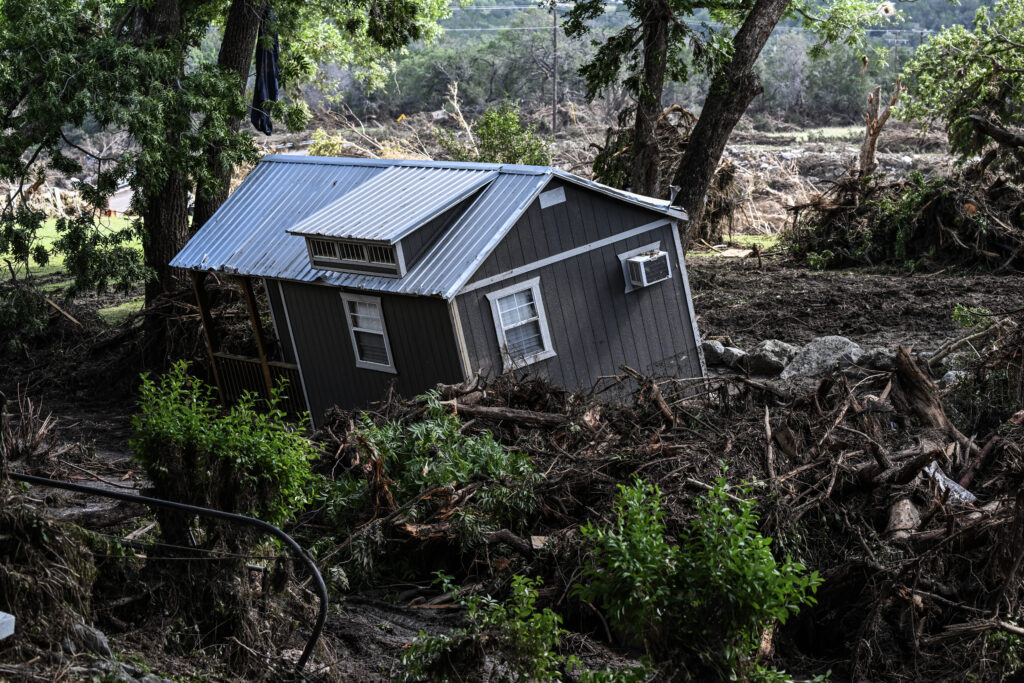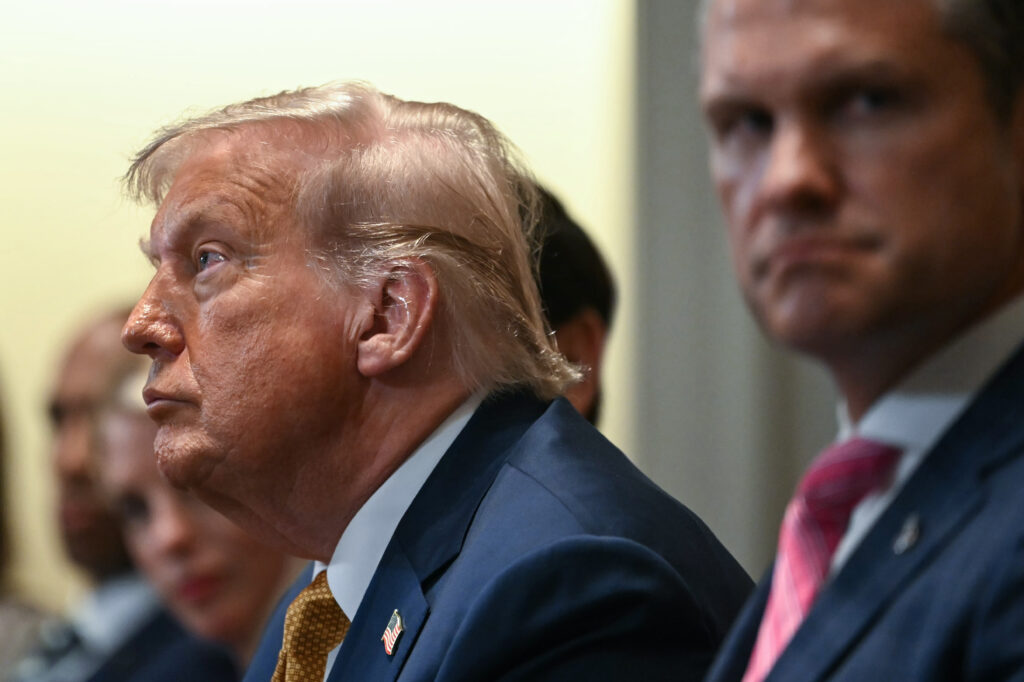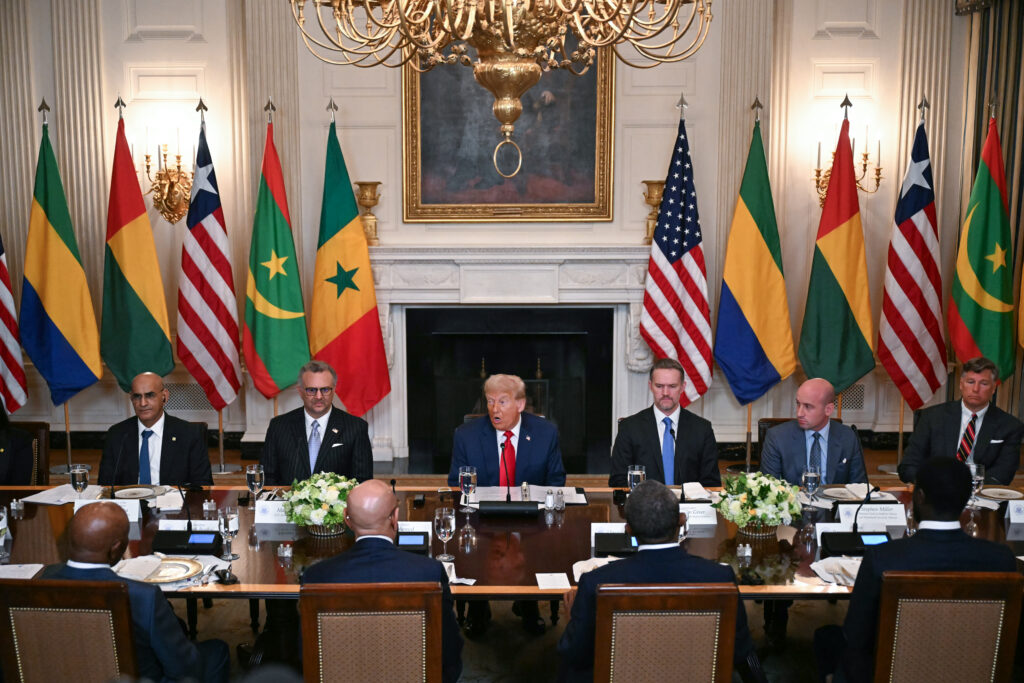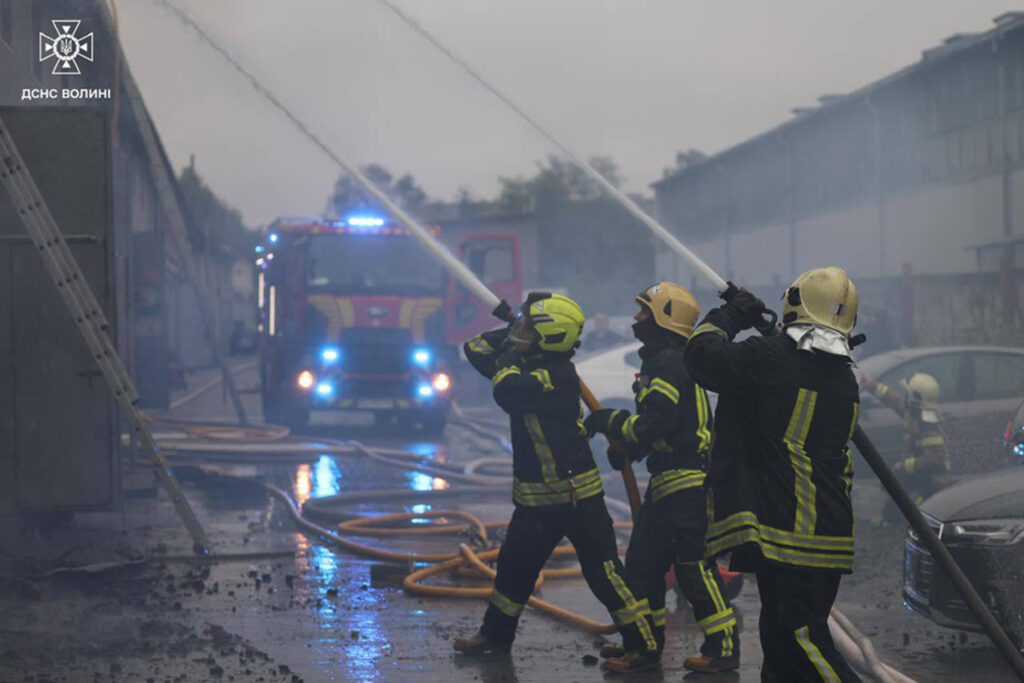The Texas flash floods death toll rose to 119 on Wednesday, as worries grew that the figure could more than double with over 160 people still reported missing.Workers in central Texas continued to comb through piles of muddy debris from the July 4 floods as Governor Greg Abbott ordered flags to be lowered to half-staff over the tragedy.Officials in Kerr County, the epicenter of the flooding, on Wednesday confirmed 161 people were known to be missing in the county.Part of a Hill Country region in central Texas known as “Flash Flood Alley,” Kerr County suffered the most damage, with at least 95 fatalities including 36 children, Sheriff Larry Leitha told reporters.Among them, counselors and 27 girls at a summer camp who went missing early Friday when the Guadalupe River burst its banks.Five campers and one counselor from Camp Mystic were still missing as of Wednesday, along with another child not associated with the camp, Leitha said.Two dozen other people have been confirmed dead elsewhere in the state, according to an AFP tally of official reports.More than 2,000 rescue personnel, police and experts have descended on the flood zone in what Leitha described as an “all hands on deck” operation.Ben Baker, with the Texas Game Wardens, said search and rescue efforts involving helicopters, drones and dogs were difficult because of the water, mud and debris.”When we’re trying to make these recoveries, these large piles can be very obstructive, and to get in deep into these piles, it’s very hazardous,” Baker said. Meanwhile, questions intensified over whether US President Donald Trump’s government funding cuts had weakened warning systems, and over the handling of the rescue operation.During sometimes tense news conferences Tuesday and Wednesday, officials skirted questions on the speed of the emergency response.”There’s going to be an after-action” review of what happened, Sheriff Leitha said, adding “those questions need to be answered.”But officials stressed that the immediate focus was on locating the missing and reuniting families.- ‘Door to door’ -Kerrville police officer Jonathan Lamb spoke of heroic rescues by authorities and volunteers who evacuated hundreds of people from their homes or vehicles.Officers went “door to door, waking people up” in Kerr County early Friday and in some cases “pulling them out of windows” of flooding homes and trailers, Lamb told reporters.The tragedy, “as horrific as it is, could have been so much worse,” he added.The National Weather Service (NWS) has forecast scattered storms on Wednesday in the Hill Country, including isolated pockets of heavy rain.In the neighboring state of New Mexico, flash flooding left three people dead Tuesday in Ruidoso, the village website said in a statement, adding the Ruidoso River rose to a record-breaking 20 feet (six meters).- Bodies in the mud -In the Texas town of Hunt, an AFP team saw recovery workers combing through piles of debris with helicopters flying overhead.Javier Torres, 24, was digging through mud as he searched for his grandmother, after having located the body of his grandfather. He also discovered the bodies of two children, apparently washed up by the river.Trump is due to visit Texas on Friday with First Lady Melania Trump.”We brought in a lot of helicopters from all over… They were real pros, and they were responsible for pulling out a lot of people,” Trump said of the response.Shel Winkley, a weather expert at the Climate Central research group, blamed the extent of the disaster on geography and exceptional drought, when dry soil absorbs less rainfall.”This part of Texas, at least in the Kerr County flood specifically, was in an extreme to exceptional drought…. We know that since May, temperatures have been above average,” Winkley told reporters.

